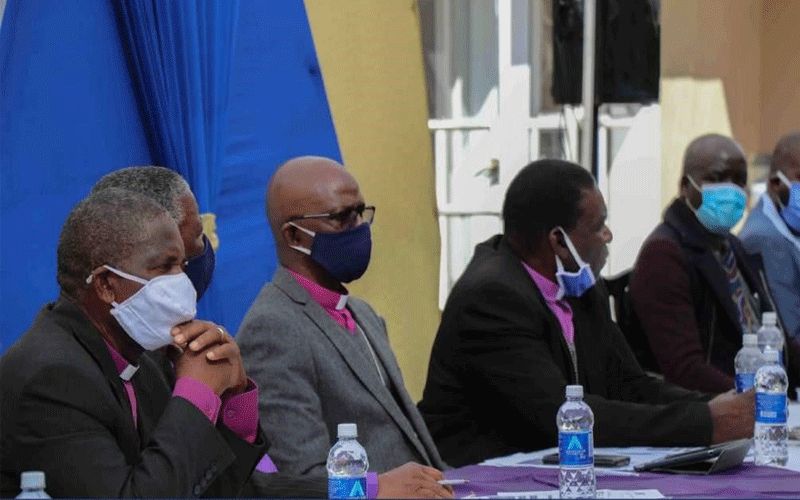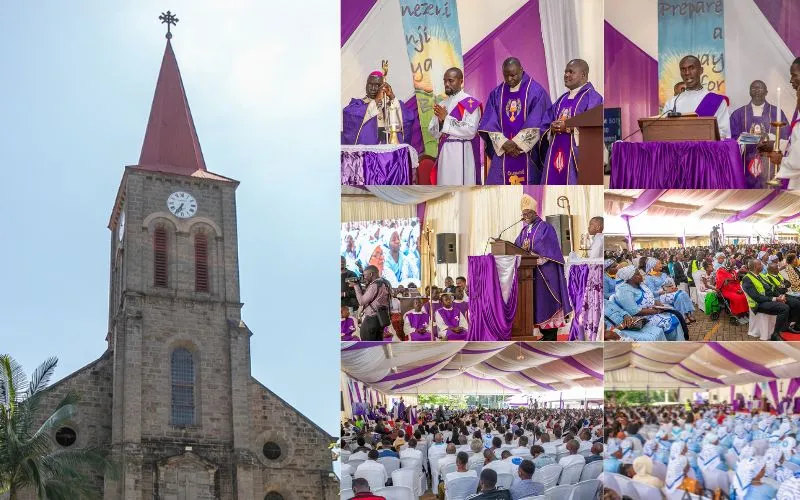Harare, 16 July, 2020 / 9:34 pm (ACI Africa).
Church leaders in Zimbabwe realized their inaugural consultative meeting with those at the helm of various political parties in the country, convened to deliberate on challenges bedeviling the Southern African nation from the economic collapse to the political stalemate.
Organized by the Zimbabwe Heads of Christian Denominations (ZHOCD), the Monday, July 13 meeting “is part of a series of consultations lined up by the churches to find consensus on the current but also the long-standing challenges facing the nation,” officials of the Inter-Regional Meeting of the Bishops of Southern Africa (IMBISA) reported Thursday, July 16.
With 17 political parties represented at the July 13 meeting, the convention has been described as “a culmination of a week of extensive bilateral engagements in which even those political parties that did not attend today’s meeting gave input.”
Members of ZHOCD and the representatives of the 17 political parties concurred that Zimbabwe “is in an emergency situation” and highlighted the various sectors in crisis.
“The current state of the health sector characterized by the failure by the government to amicably resolve the protracted strike by medical personnel did not augur well with the desperate need to prepare for the spiraling cases of COVID-19,” the parties at the July 13 meeting noted.








